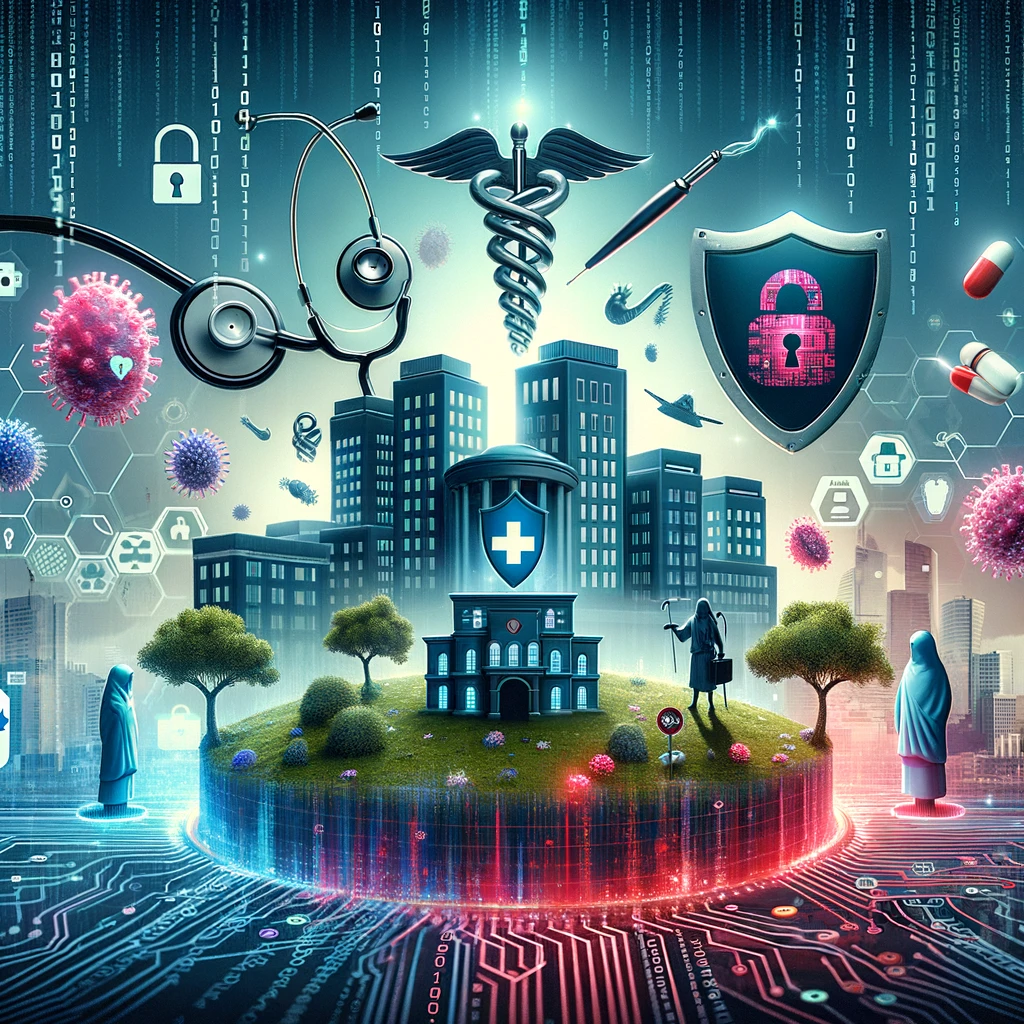Ramping Up Response: The Call for Swift Action and Enhanced Cybersecurity in Healthcare Following Major Ransomware Attack
Charles M. Walls | March 14, 2024 | Views: 137

The Biden administration and American legislators are stepping up efforts to support UnitedHealth Group in alleviating the strain on healthcare providers caused by the ransomware attack on Change Healthcare. They're urging the rapid facilitation of payments to entities like hospitals, doctors, and pharmacies, using various strategies to ease the impact.
US Senator Ron Wyden vocally criticized the situation last Friday, stating, "A breach of this scale is utterly indefensible, and every affected American has every right to feel incensed. It's totally inadmissible for both UnitedHealth Group and federal bodies to be caught off guard, given the longstanding knowledge that the healthcare sector is a prime mark for cybercriminals."
Change Healthcare, integral to the healthcare industry, handles 15 billion transactions each year. The ransomware attack in late February paralyzed its operations, leading to nationwide reports of patient care disruptions and significant financial distress among medical providers.
The cybercriminal group ALPHV, also known as BlackCat, took responsibility for the attack, subsequently obtaining over $22 million — a sum believed to possibly be in exchange for decrypting the affected systems.
In a recent communiqué to healthcare executives, leaders from the US Department of Health and Human Services (DHHS) and the US Department of Labor (DOL) implored UnitedHealth Group to swiftly address and support the financial needs of the impacted providers, emphasizing the urgent need for expedited payments.
DHHS Secretary Xavier Becerra and DOL Acting Secretary Julie Su further called on insurance providers to issue interim payments, streamline electronic data interchange processes, and accommodate paper claims to alleviate the pressure on healthcare providers.
Acknowledging the broader responsibility across the healthcare sector, the secretaries highlighted the pivotal role insurance payers play in overcoming these challenges, advocating for collective action.
Earlier, DHHS had announced initiatives to aid affected hospitals and pharmacies, including easing certain requirements for Medicare and Medicaid services.
Meanwhile, the response from both the federal government and the compromised IT provider has faced sharp criticism from lawmakers.
Senator Wyden pointedly criticized UnitedHealth Group for its cybersecurity lapses and the federal government for its lackluster regulatory oversight, advocating for the establishment of stringent, enforceable cybersecurity standards within the healthcare industry, complete with regular audits.
Despite rising incidents of cyberattacks against the sector, DHHS has thus far only proposed voluntary cybersecurity guidelines for healthcare organizations, stopping short of implementing mandatory security measures.
Wyden also addressed concerns about the healthcare industry's consolidation and the potential systemic risks posed by large conglomerates, referencing UnitedHealth Group's acquisition of Change Healthcare in a deal worth $13 billion—a merger that went forward despite legal challenges over anti-competitive concerns.
Wyden is exploring the need for further legislative action to enhance cybersecurity in healthcare, including the possibility of increased financial penalties and holding executives accountable for significant security failures.
Echoing these concerns, US Senator Mark Warner (D-VA) highlighted the inevitability of such cyber incidents and is working on legislation aimed at ensuring quicker payment processes to providers following future disruptions, contingent on adherence to basic cybersecurity standards.
Warner stressed the critical nature of both physical and cyber hygiene practices in safeguarding patient care and safety, advocating for mandatory cybersecurity protocols for healthcare providers and their suppliers.




